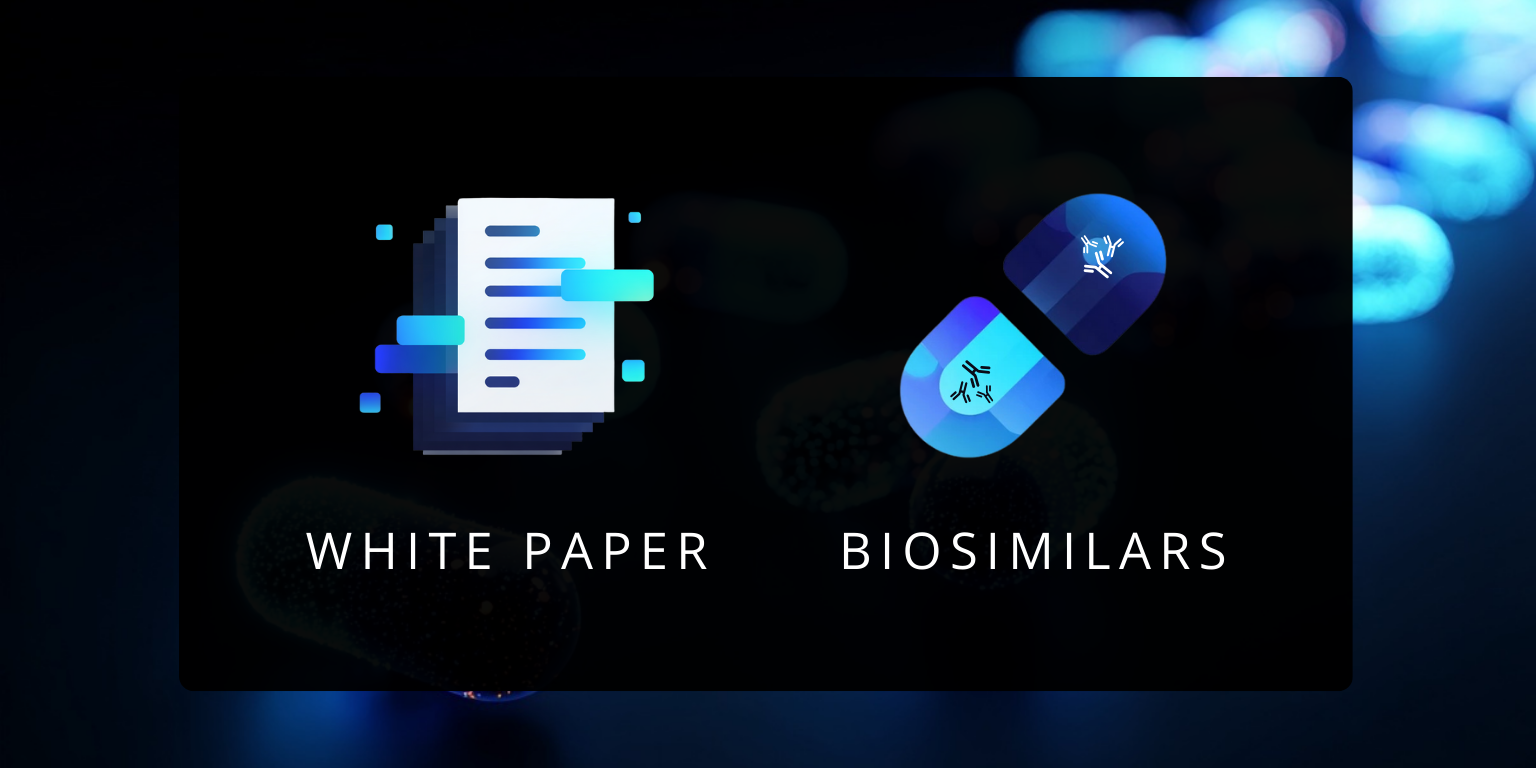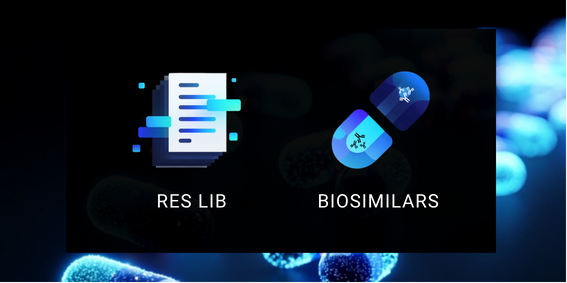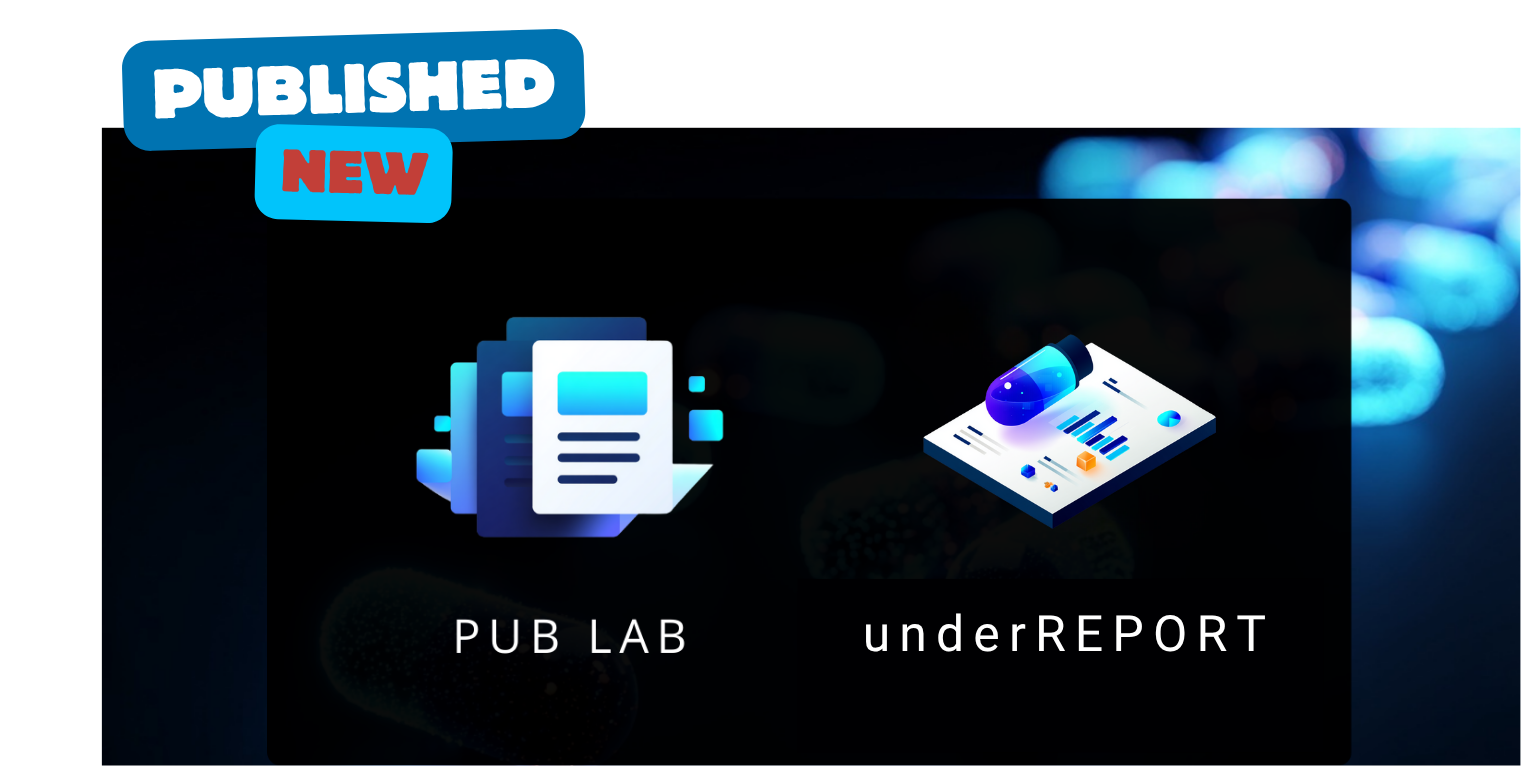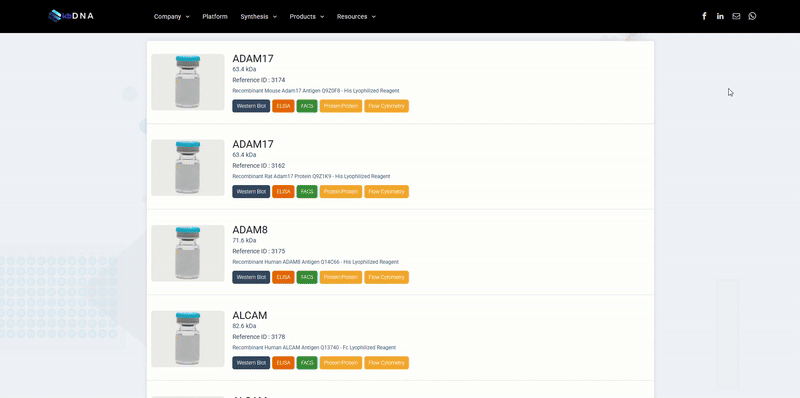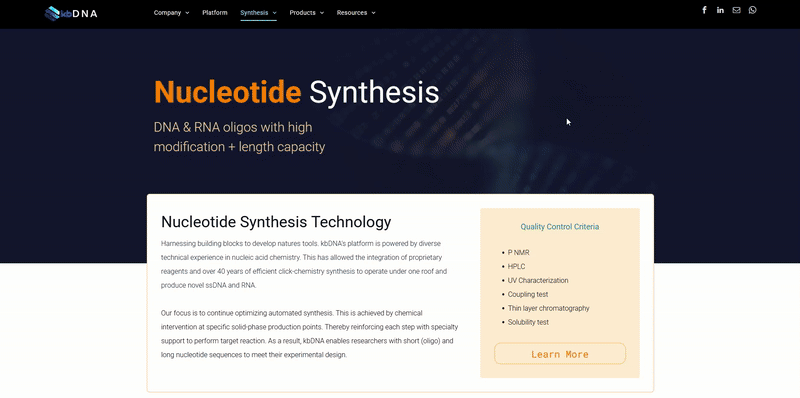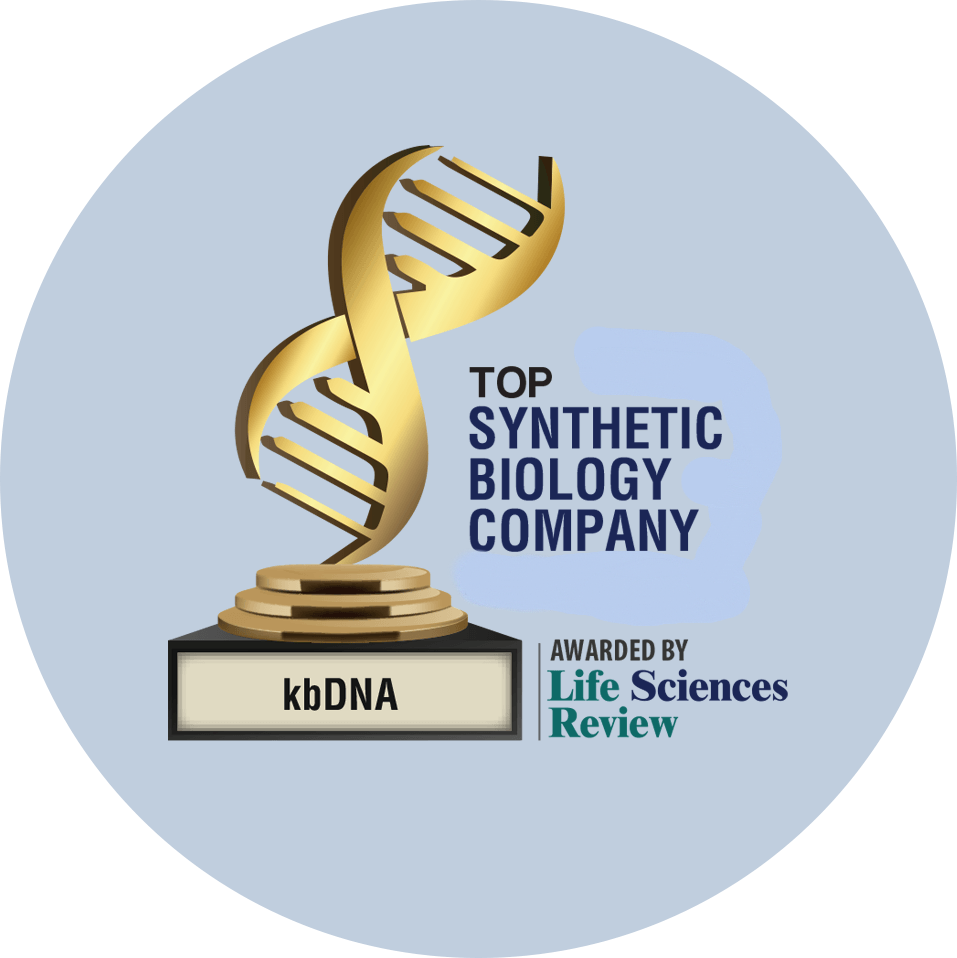Biochemical Overview of Key Post-Translational Modifications
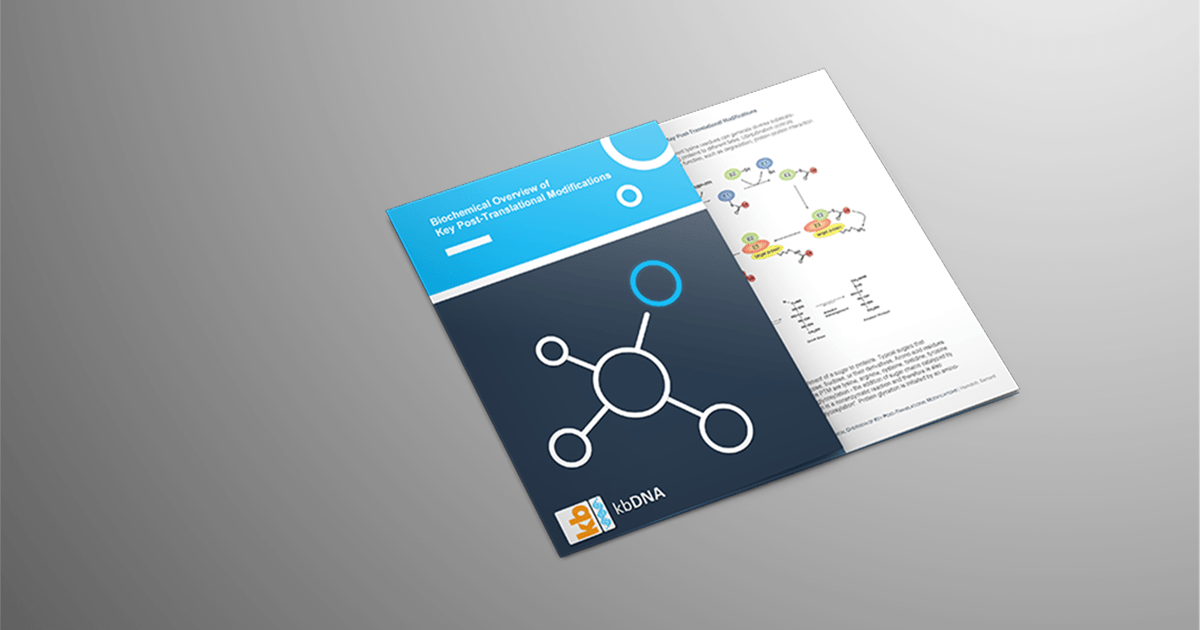
Post-Translational Modifications (PTM’s)
Reviewing Read our latest white paper on Post-Translational Modifications (PTM's)
Protein synthesis occurs during a process called translation. Most proteins undergo some modification before undertaking any function assigned to them. Post-translational modification (PTM) of proteins refers to these covalent chemical modifications, protein may undergo after translation. This poses a much bigger phenomena when it comes to the synthetic production of these proteins. Chemical reagents undergo certain processes that are a part of fixed manufacturing systems. Many of which are unable to adapt or disrupt in order to tailor to a PTM’s biochemical properties.
PTM’s have become a growing focus in protein and bioreagent production: As more complex and difficult-to-express proteins extend into the commercial market, the industry is facing bottlenecks and PTM obstacles to producing certain proteins of interest.
The biochemistry behind these modifications are not universally updated: This piece will help outline and review the top key PTM’s and their latest understandings with mechanics and chemistry.
Biomanufacturing solutions are crucial to counter these PTM obstacles:
With proper understanding of the biochemistry, researchers will be more equipped to understand what to expect from the manufacturing end when scouting difficult proteins with key PTM’s.
Gain insight from our experts and solve the PTM puzzle in your lab!
